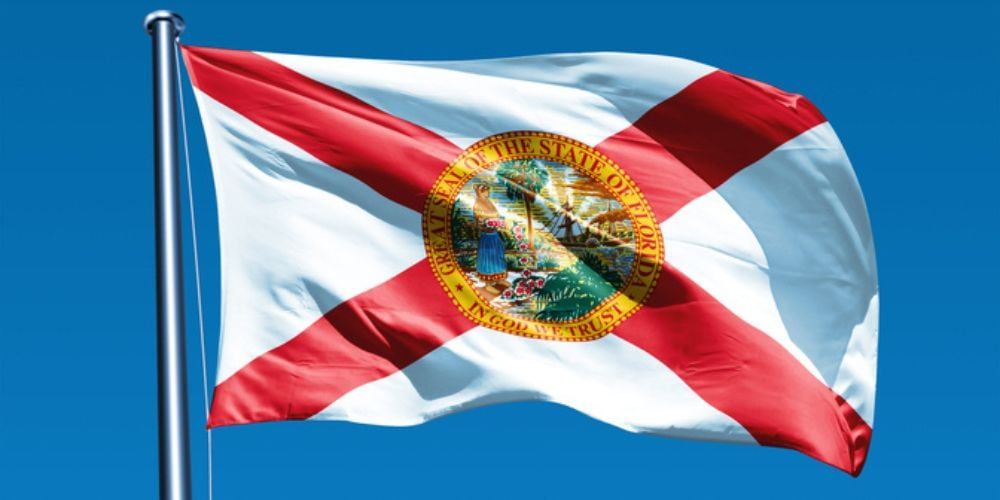News
The Stock Dork: Legal Blockade by US Court on Florida’s Prohibition Against Chinese Property Buyers

By Malik Graystone
The 11th U.S. Circuit Court of Appeals has temporarily blocked Florida’s law restricting Chinese nationals from buying property, marking a significant legal challenge.
This move highlights tensions between state legislation and federal foreign real estate ownership laws.
Court Intervention
The appeals court has halted Florida’s enforcement of a ban on property ownership by Chinese citizens.
This decision supports two Chinese nationals caught in the law’s implementation phase.
Legal Prospects
The court indicated that the plaintiffs have a strong chance of success in contesting the law.
It suggested that state law might conflict with federal regulations on foreign real estate transactions.
Initial Ruling
A Florida federal judge originally denied a motion to block the law.
This led to the plaintiffs’ successful appeal at the 11th Circuit.
Broader Trends
Similar property ownership restrictions for Chinese citizens are being considered in other Republican-led states.
This reflects a growing legislative movement at the state level.
International Criticism
China’s foreign ministry has criticized these laws.
They argue such restrictions go against market economy principles and international trade norms.
Constitutional Violations
The law is challenged for targeting Chinese citizens, specifically raising constitutional issues.
Critics argue it echoes a history of racial discrimination in property rights.
Historical Context
Bethany Li from the Asian American Legal Defense and Education Fund emphasized the law’s discriminatory nature.
She compared it to past periods when Asians were denied citizenship and property ownership in the U.S.
Law’s Specifics
Florida’s law restricts property purchases by individuals domiciled in China without U.S. citizenship or green cards.
It represents a direct intervention in the real estate market based on nationality.
Restrictions Extended
The law also affects citizens from countries like Cuba, Venezuela, and Russia, especially near critical infrastructure.
This broadens the scope of its impact.
Limited Exceptions
A narrow exception exists for non-tourist visa holders from the targeted countries.
They can own a single property if it’s located away from sensitive areas.
Governor’s Defense
However, Governor Ron DeSantis defended the law as a protective measure against foreign influence.
He specifically cited concerns about the Chinese Communist Party.
Legal and Political Ramifications
The court’s decision sets a precedent for the legal standing of state laws on foreign property ownership.
It raises questions about the balance between state and federal authority.
The Plaintiffs’ Argument
The plaintiffs argue the law unfairly singles out Chinese nationals.
Their case highlights the tension between state-level policy and individual rights.
Future Implications
The outcome of this legal challenge could influence similar laws across the U.S.
It’s a pivotal case in the debate over property rights and foreign investment.
Watching Closely
Legal experts and policymakers are closely monitoring the case.
Its resolution may redefine the regulatory landscape for foreign property ownership in the U.S.
###
Read the article here: https://www.thestockdork.com/legal-blockade-by-us-court-on-floridas-prohibition-against-chinese-property-buyers/
